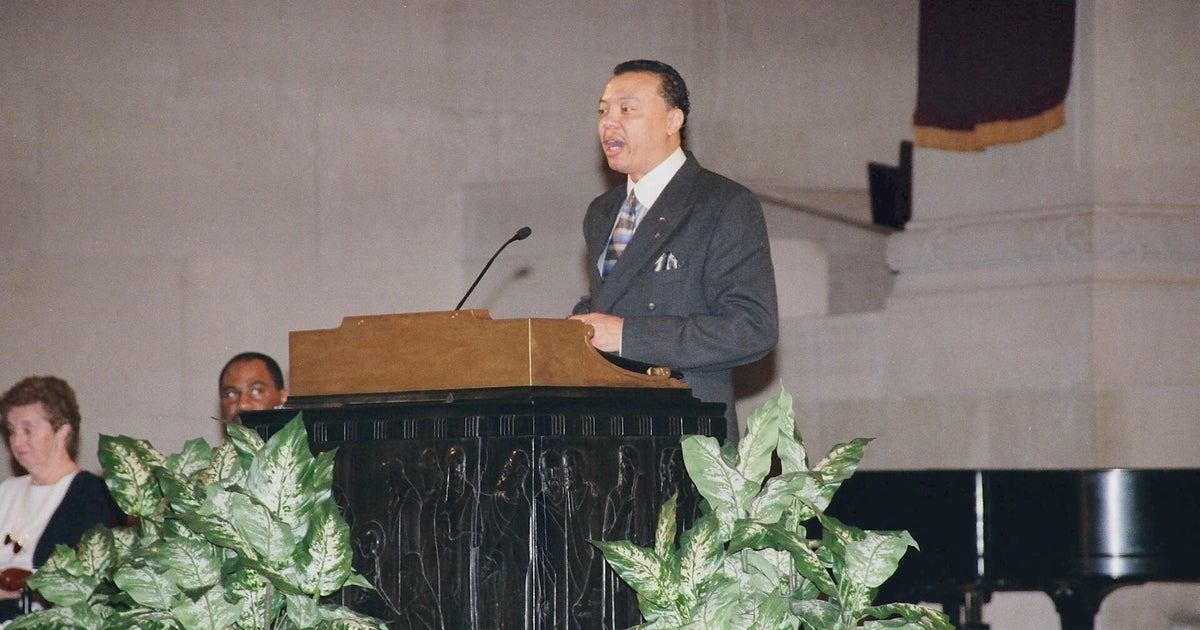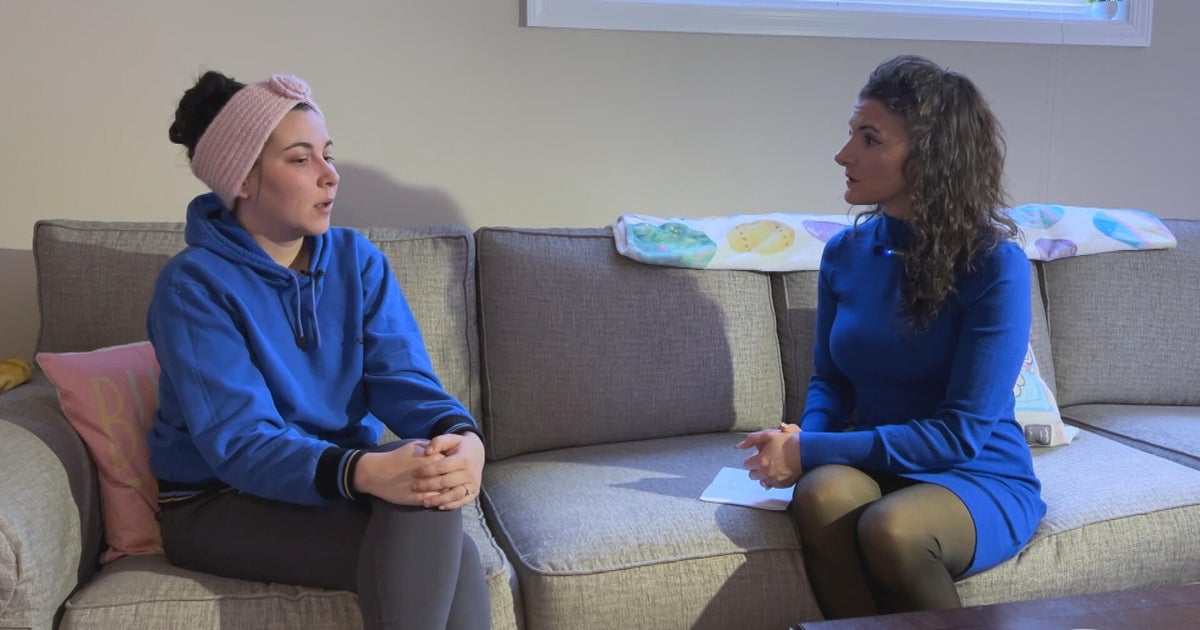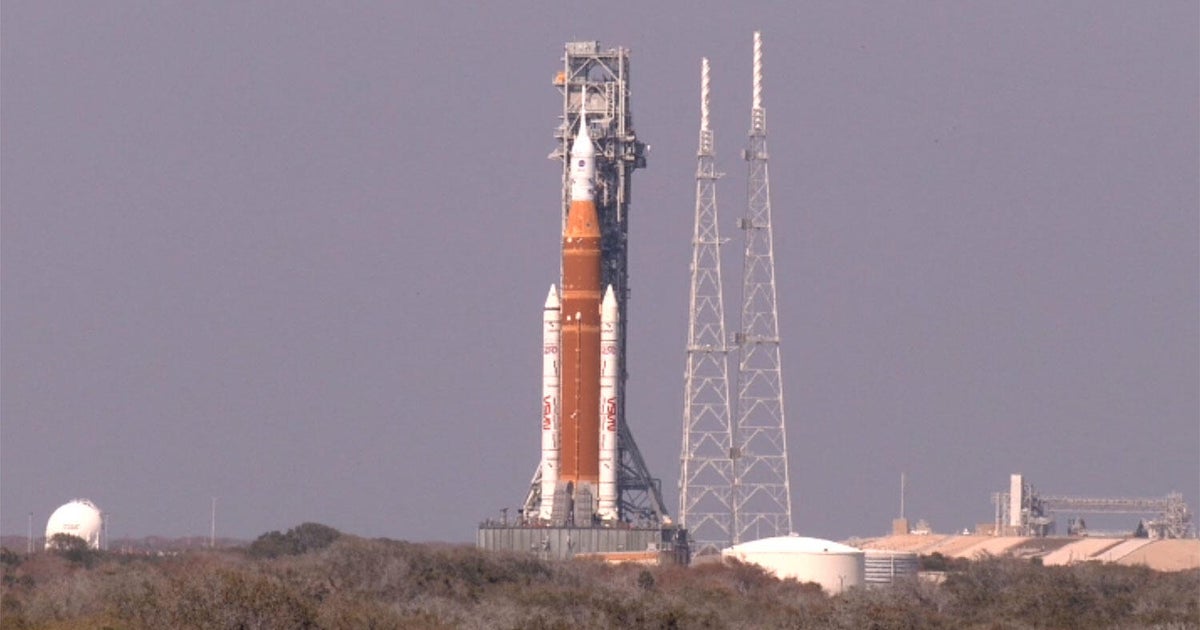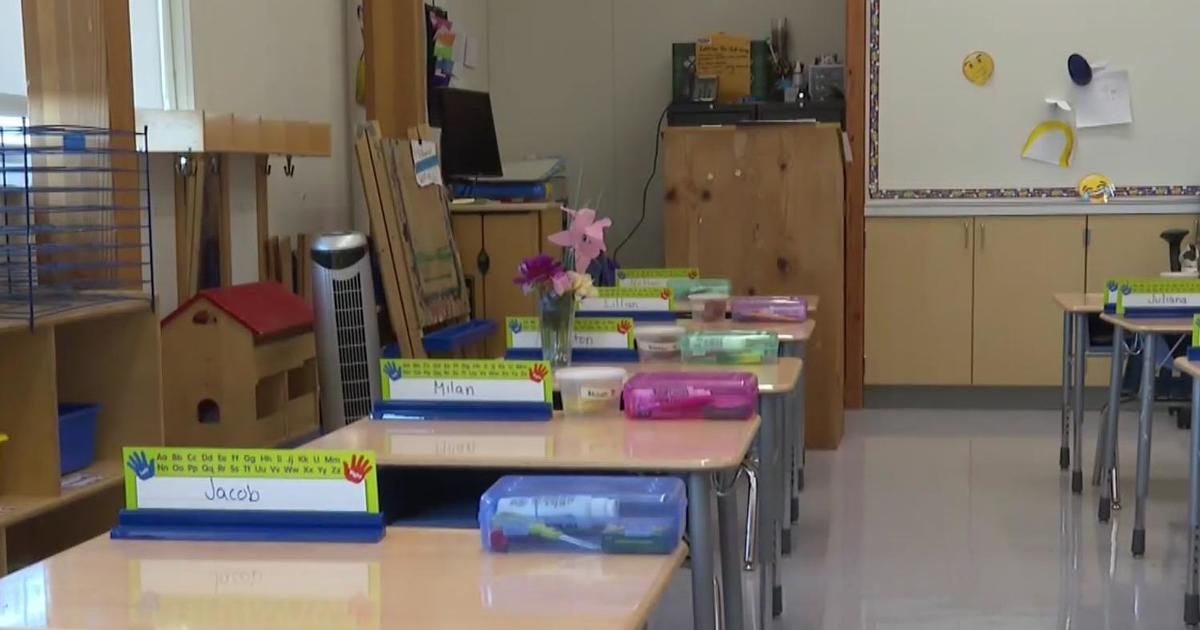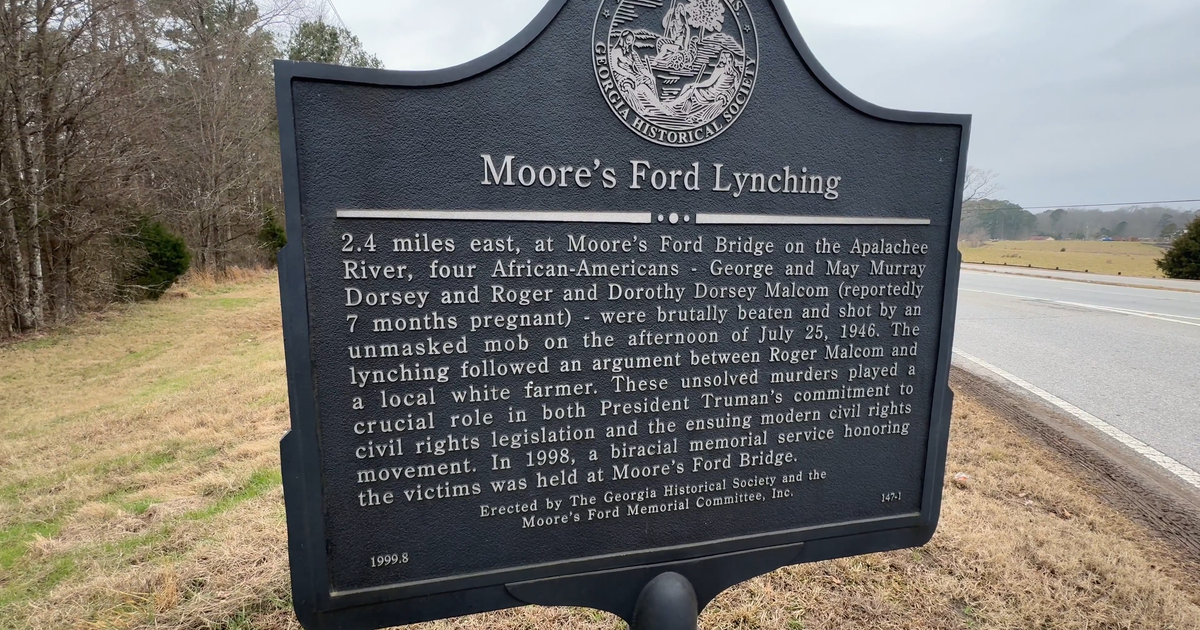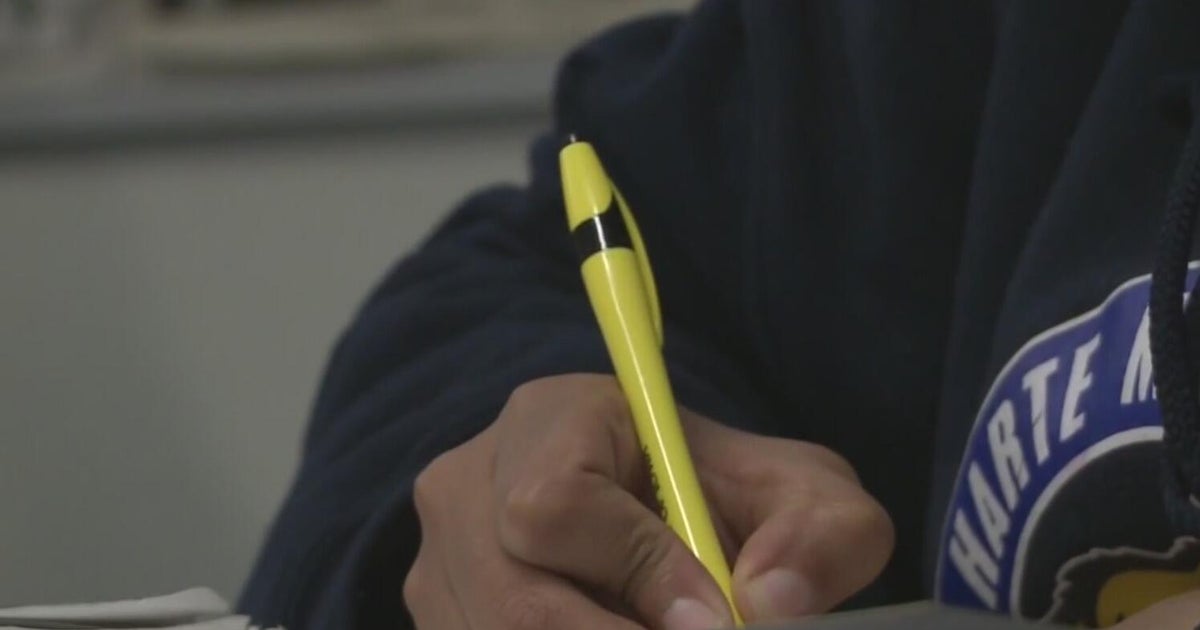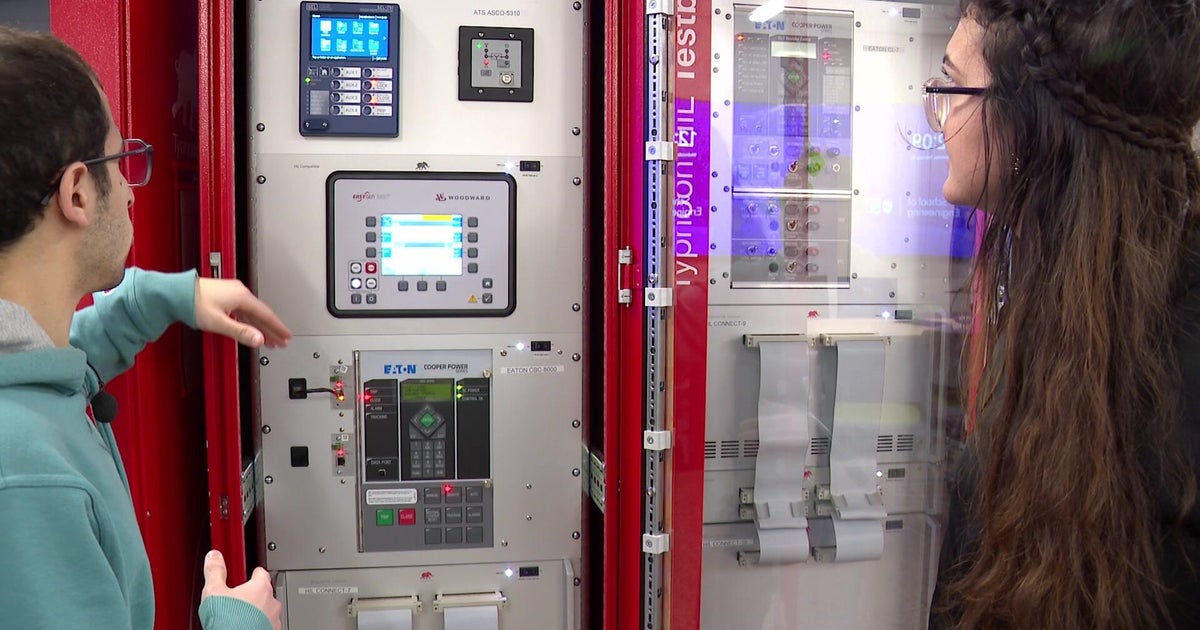Penn Med School Has Special Link To Returning Astronaut
By Walt Hunter
PHILADELPHIA (CBS) -- From the moment Scott Kelly lifted off on his year-long mission to the International Space Station, you might be surprised to learn that, far from Mission Control, some of those in closest contact with Kelly are researchers at the Perelman School of Medicine at the University of Pennsylvania led by Dr. Mathias Basner.
"He's just a great person," Dr. Basner told CBS 3's Walt Hunter.
"It's a great pleasure working with him and his brother."
Using computer tests, Dr. Basner is closely monitoring both Scott Kelly, in space, and his twin brother, retired astronaut Mark, back on earth, simultaneously - any differences pinpointing how months in space could affect abilities to think, reason and make decisions.
"Scott is doing cognitive tests in space," Dr. Basner explained, "Mark is doing his on earth at the same time so we can make comparisons."
The tests monitor Kelly's emotions, spatial awareness and other abilities, allowing him to comment on results and immediately receive vital feedback on whether long-term exposure to "zero gravity" and other factors is affecting his performance.
"Every little mistake in space can lead to mission failure," Dr. Basner added.
After a year, Kelly is now on his way back, but Dr. Basner hopes what's learned from his incredible journey will help fellow astronauts who one day may well make the three-year trip to Mars.
"I'm just happy to be part of this and make sure we get people to Mars safely and back," he concluded.
